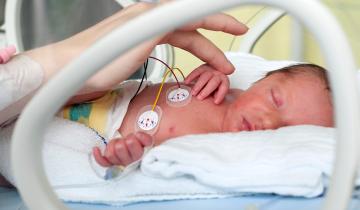This study tested the safety and effectiveness of a neuroscience-based, multi-component intervention designed to improve motor skills and sensory processing of the more-affected arm and hand in infants with CP where one side is more impacted than the other (asymmetric CP).
For women with Cerebral Palsy, self-advocacy is probably the most important part, but it's also probably the hardest part because most of those doctors have not encountered women with disabilities. You really have to tell them what you need and tell them what to expect.
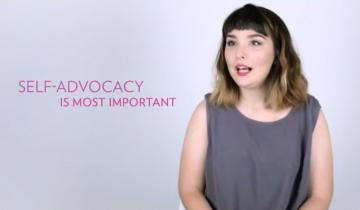
When scheduling and preparing for an OB/GYN appointment, women with Cerebral Palsy have additional challenges to consider and address when both scheduling the appointment and once they go their appointment.

For women with Cerebral Palsy, finding a new OB/GYN can be difficult for a variety of reasons: accessibility (both to the building and in the exam rooms), staffing and supports for additional physical needs and more.
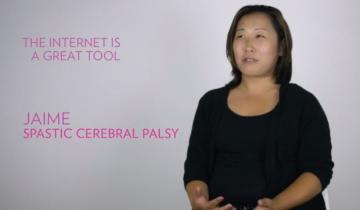
One of the things that was identified through research is that patients with cerebral palsy have higher rates of depression and anxiety than you would see in the general population.
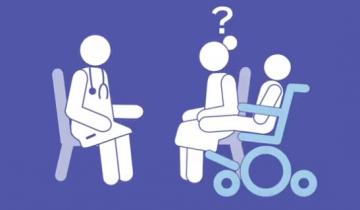
Neuroplasticity is the ability that the brain has to form new connections between different cells or between different areas of the brain.
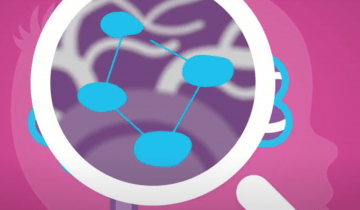
5 things for women with Cerebral Palsy to consider when preparing for their OB/GYN appointment
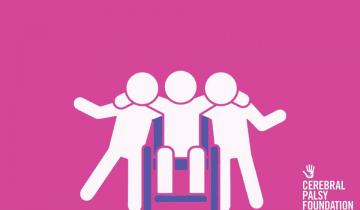
As a parent, when it comes to different types of interventions for infants with cerebral palsy, how do you know what you have, what you don't, and what you could get?
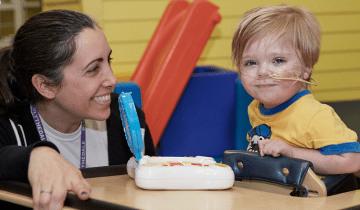
Exploration for an infant means discovering anything about that environment. If that infant needs an opportunity to be brought to them, that's okay. Let an infant explore through their senses, whether it's touch, or smell, or taste, or sight, or hearing.
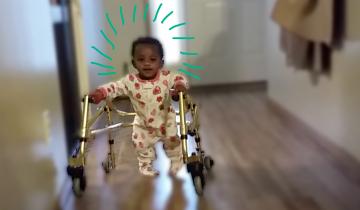
My name is Nathalie Maitre, I work at Nationwide Children's Hospital. I'm a physician and a researcher
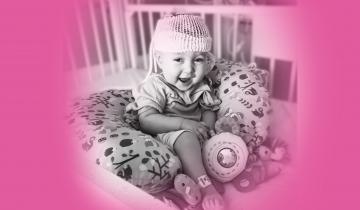
Diagnosing cerebral palsy (CP) at an early age is important for the long-term outcome of children and their families.
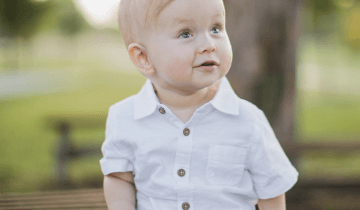
Early diagnosis of cerebral palsy (CP) is critical in obtaining evidence-based interventions when plasticity is greatest.
As a physician and researcher, I skeptically looked forward to learning more about mindfulness practice, because there is evidence it helps with stress management, self-regulation, focus, productivity and happiness. As a mom, I felt that weird mix of guilt that I was going to focus on “not-my-children” for a whole day, excited anticipation and anxiety that maybe I would be a complete failure at this. It turns out all the mental baggage I took into the workshop was the exact opposite of what mindfulness tries to achieve. The daily practice has since changed my life.
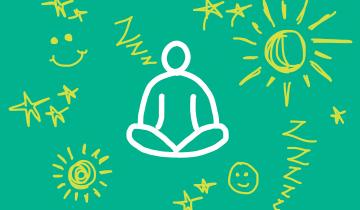
"If you don’t know the solution to the problem now, you will find it"
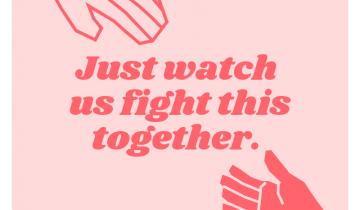
PTSD can be common in parents after a child with Cerebral Palsy has left the NICU. One of the hardest days of my life as a NICU parent was not what I would have expected it to be. It was the day I went home without my baby, after spending every waking moment since my emergency C-section by his incubator. I never knew I had a dream about what it would be like to have a baby until that dream was taken away.
